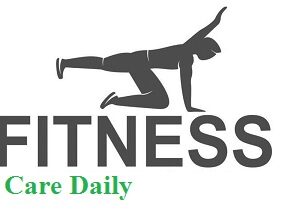Five Essential Therapies Every Holistic Medicine Specialist Should Know
Imagine walking into a room filled with a sense of calm. Soft music threads the air, a scent of lavender lingers, and a warm smile greets you. You’re in the office of a holistic medicine specialist, where healing goes beyond the physical. Five therapies form the backbone of this practice. They include acupuncture, massage therapy, prolozone therapy hawthorne, yoga therapy, and biofeedback. These essential treatments empower the practitioner to address a patient’s overall well-being, promising more than just symptom control. They offer a road to recovery that’s paved with balance, harmony, and self-awareness.
Acupuncture
Acupuncture is an ancient Chinese practice. It’s a process of inserting needles into specific body points. This releases blocked energy. It restores balance. It can relieve pain. It can improve sleep. And it enhances overall well-being.
Massage Therapy
Massage therapy does more than relax your body. It releases tense muscles. It increases blood flow. It promotes healing. Regular massage sessions can reduce anxiety and stress. They can also improve sleep and enhance overall mood.
Prolozone Therapy Hawthorne
Prolozone therapy Hawthorne is a relatively new treatment. It uses the healing properties of oxygen. It stimulates the body’s natural ability to repair and regenerate. It’s highly effective for chronic pain and joint issues. And it’s a non-surgical solution for many common ailments.
Yoga Therapy
Yoga therapy is more than exercise. It’s a mind-body practice. It combines physical postures, breathing exercises, and meditation. It can enhance physical flexibility. It impacts mental clarity. And it encourages a sense of peace and well-being.
Biofeedback
Biofeedback is a process of gaining control over your body’s functions. It gives you the power to reduce stress. It helps in managing chronic pain. It’s a promising technique for achieving balance and health.
These therapies represent a holistic approach. They consider the individual as a whole. They address the mind, body, and spirit. It’s a journey beyond mere symptom control. It’s a journey to complete well-being.


Leave a Reply
You must be logged in to post a comment.